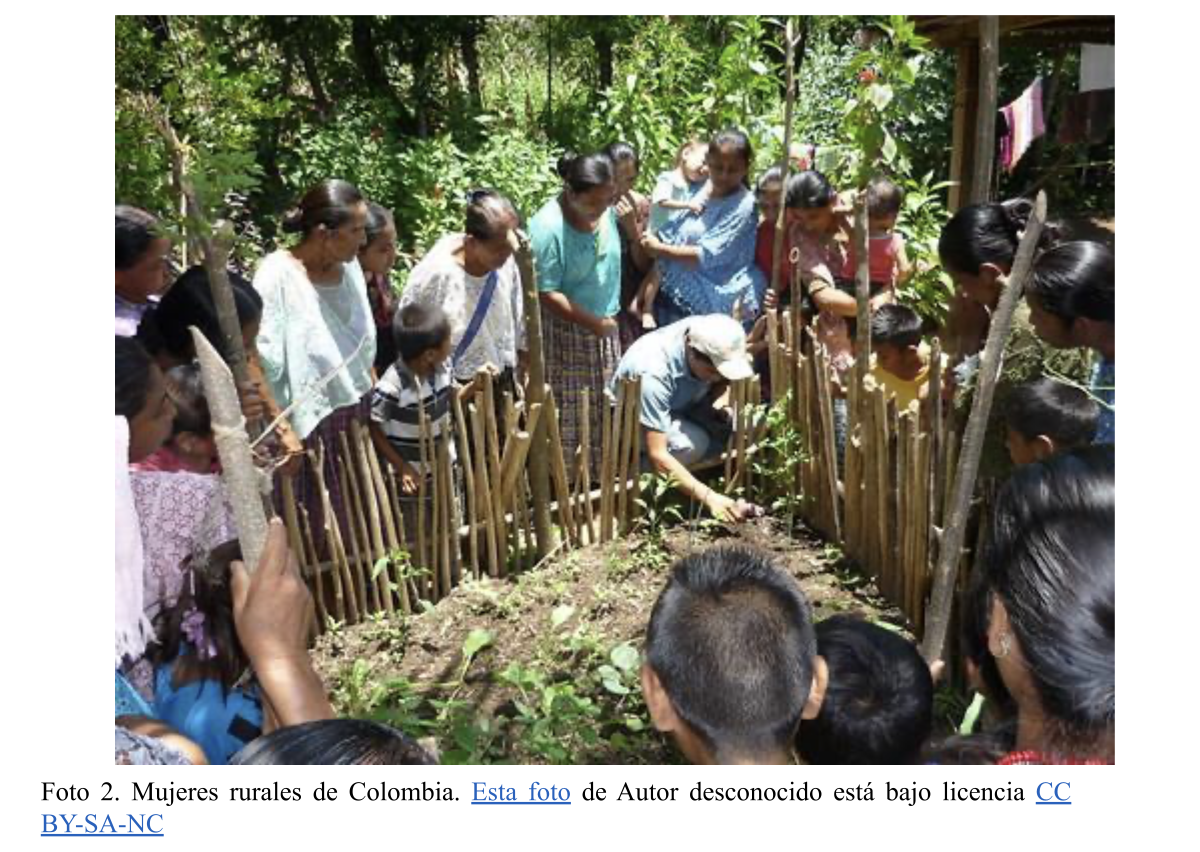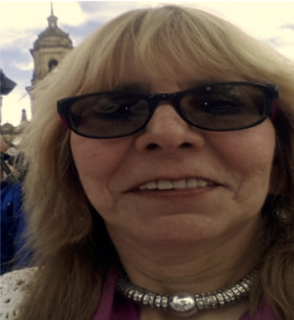[Op-Ed] VULNERABLE POPULATIONS WEAVERS OF COLOMBIAN HISTORY. "Part Three"
In this article we will meet rural and urban women and their contributions to independence, social
MORE IN THIS SECTION
In this article we will meet rural and urban women and their contributions to independence, social and environmental justice and the construction of Peace and Dignity in Colombia.
WOMEN WEAVERS OF EMANCIPATION, RESISTANCE AND BUILDERS OF VITAL PARADIGMS
The role of women in history as public leaders and as enhancers of the country's development was for a long time invisible or relegated to second place. However, many women made themselves heard and strongly influenced decisions of social and economic scope, through their positioning in the spaces of power traditionally occupied by men.
It is urgent, however, to review the official historiographical discourses, with regard to women, as well as to rewrite and reinterpret their participation as historical and political subjects and as agents of change and to take into account that although speaking, looking and feeling as and from being a woman has universal connotations of human beings, it fundamentally implies the differential character of being a woman. (González Erazo Judith Colombia. 2011)
Addressing the evolution of women's thinking, achievements and achievements, from ancestral women (among others, the case of “La Gaitana”, an indigenous woman who organized emancipatory struggles for independence) to the present day, implies situating ourselves in the private and public spheres and in the roles of women-individual subjects, with the capacity to make free and informed decisions about their lives. of being able to be and do according to their own aspirations and desires in the historical context that makes them possible and woman-social subject that influences and is influenced by social causes and demands, of the women's social movement but also of other and diverse social sectors and therefore from various ideologies.
WOMEN POLITICAL SUBJECTS ACTIVE IN THE INDEPENDENCE PROCESS
Although the historical literature of the nineteenth and twentieth centuries focused on the "victorious heroes and heroes", the presence of women was numerous and notable in the different phases of independence, assuming a leading role in the struggles for equality and freedom.
At the end of the eighteenth century in Santafé a group of women participated in the construction, reconstruction and deconstruction of emancipatory knowledge, sponsoring gatherings and literary meetings that were the seed of the new emancipatory ideals and of a local policy of independence.
Some women were directly involved in the liberating armies. Despite the position of General Santander, who opposed his involvement: "[...] No woman will march in the division, under the penalty of fifty sticks to whoever is found; if any officer contravenes this order, the sergeant, corporal or soldier who does not comply with it will be severely punished [...]".
Women from different social classes were effectively and numerously incorporated into the struggle for emancipation in the face of the Spanish reconquest of 1816. "Hidden in soldiers' uniforms, they marched to the front lines. In the battle of Boyacá itself there were women. Evangelista Tamayo was one of them. He fought in Boyacá under the command of Bolívar, reached the rank of captain and died in Coro in 1821. The women of Socorro received special recognition from the Liberator for their vigorous struggle. Recognition that he left recorded in the books of the Cabildo del Socorro".
Women also organized mobilizations in the streets. Some chroniclers agree in pointing out the high number of women, protagonists in the events of July 20 and 22, 1810 and August 13, 1810 (more than 600 women, mostly from popular sectors)
Under the Spanish regime of terror, countless women belonging to various social and ethnic groups were accused and punished for their participation in and/or support for the patriot cause. They faced confiscation of property, banishment and the death penalty.
WOMEN WEAVERS OF DIGNITY AND BUILDERS OF PEACE IN THE REPUBLICAN ERA
RELATED CONTENT
For more than a century, the women who participated in the independence process lived only in the memory of a few minds and places. The Republic assumed paradigms and legislation that governed the Colony and through civil and legal codes of that time, it began to legislate, the civil and legal condition of women, as well as their bodies and based on these codes, was sent back to the house and silenced as a political and/or economic subject. Their participation was reduced to the private scenario, to the economy of unpaid care. (Judith González Erazo 2011)
"Women were not born to govern public affairs and be political. Because it was born to act on society by indirect means, governing the domestic home and contributing to the formation of customs and to serve as a foundation and model for all the delicate, gentle and profound virtues" (Constituent José María Samper 1886)
Women's Contributions to Cultural and Political Transformations in the Republican Era
Photo 1. Women's mobilization March 8 in Colombia. Source: March 8 and the priorities of the women's struggle in Colombia | Source: La Bagatela
Despite conditions of systematic inequality, women organize and resist in an ever-growing cycle that began in the 1970s, advanced and strengthened in the 1980s and consolidated in the 1990s.
Women of the most varied orientations and origins, sometimes women in the movements and sometimes women's movements, some self-confessed feminists, others not, together with the broad movement of women/feminists in Colombia, reach the twenty-first century venturing into all possible spaces: the street, the square, the state administrative bureaucratic apparatus, the instances of appointment and election. parties, academia, non-governmental organizations and a dense network of groups, networks, associations, local, regional, national and international, which today to a greater or lesser extent are inspired by a project of cultural and epistemic transformation that set out to fight against multiple forms of discrimination, exclusion and exploitation of women. Today, although in a minority, women from ethnic peoples, peasants, academics and elites are part of local governments and congress.

For their part, rural women have historically fought for land tenure and access and for control of resources and goods to work it. In this context, in the 1980s, organizational processes of rural women emerged, such as the National Association of Peasant, Black and Indigenous Women of Colombia (Anmucic), which played a leading role in the negotiation of Law 30 of 1988 and Law 160 of 1994, which recognize women as "Subjects of Agrarian Reform". Likewise, a leading role in the formulation of Law 731 of 2002 "Rural Women's Law".
With a leading role in the implementation of the Land Restitution processes, within the framework of Law 1448 of 2011, as well as in the negotiation of Peace. Rural, ethnic and peasant women were relevant in the construction of agreements and specifically in the incorporation of the gender approach in point 1 Comprehensive Rural Reform (María Fernanda Sañudo y Aída Quiñones. 2022. Mujeres rurales, organización y lucha por la tierra en Colombia).





LEAVE A COMMENT: